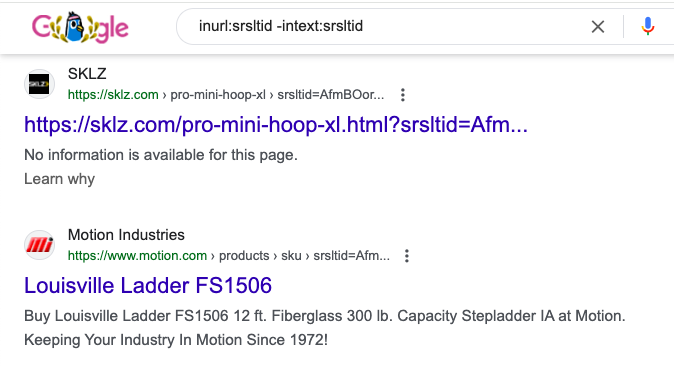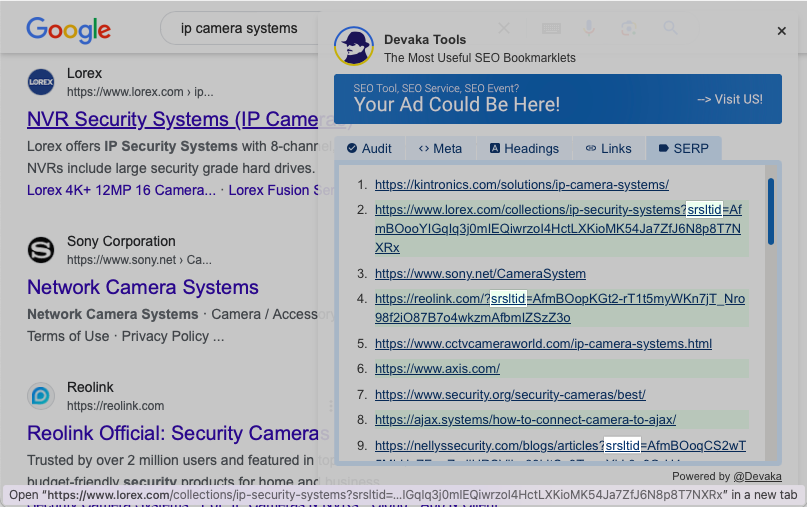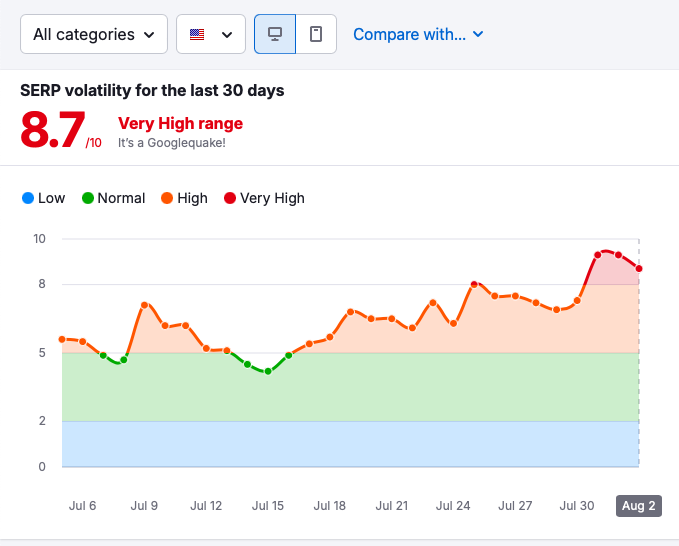Google has started adding the ?srsltid= parameter to website URLs. The problem was noticed several days ago. For common results for ecommerce topics Google may add additional parameter and users will go on absolutely different page. May be you already noticed this issue too. If not, try to export serp urls for any ecommerce query with Devaka Tools Bookmarklet or just analyze them manually.
You can try such a query to find 600k+ currently indexed pages by Google:
inurl:srsltid -intext:srsltid
Previously, Google used this parameter for websites in the Merchant Center for automatic product tagging so that webmasters could use this data in Google Analytics.
Now, something has broken, and Google is also adding these parameters with srsltid to organic search results. This is likely only for websites that are present in the Merchant Center.

Other publications about srsltid
Topics have already started appearing in the Google Help Center (on Aug 1).
https://support.google.com/analytics/thread/288344838/found-merchant-center-code-one-auto-dealer-websites-that-do-not-use-google-merchant-center?hl=en
And on Reddit platform (on Aug 2):
https://www.reddit.com/r/SEO/comments/1ehf325/code_srsltid_in_organic_urls_why/
Brokie Clark also noticed the issue and described it on his LinkedIn (1 week ago)
https://www.linkedin.com/posts/brodieclark_ecommerce-seo-bug-google-is-now-appending-activity-7222171976050647040-jgMQ
Some related problems
- Some websites may not support dynamic parameters, and users may not be able to access the content when clicking search results with srsltid parameter.
- In the absence of a rel=canonical setting, pages may be additionally indexed as duplicates. And already indexed. More than 600k pages was found in Google Index with the new parameter.
- Position tracking services will show a change in the relevant page and a high level of volatility in the search results (since URLs are being analyzed).
Example of volatility from SEMRush Sensor over the past 3 days.

If you’ll notice srsltid in your urls, don’t worry. It’s common problem now. But make sure you are using canonicals tags on your website to avoid appearing duplicates.
Leave a Reply